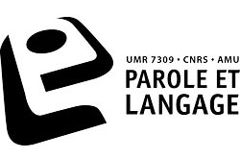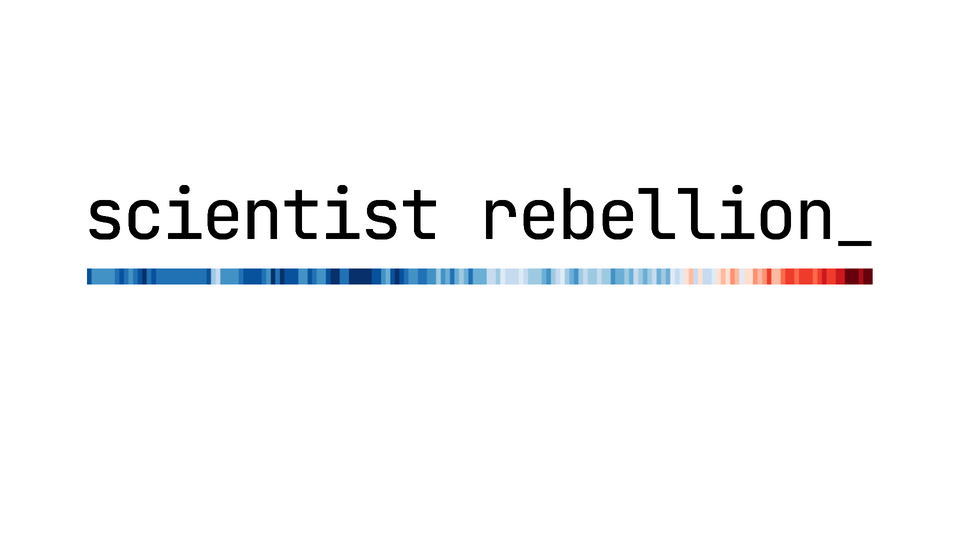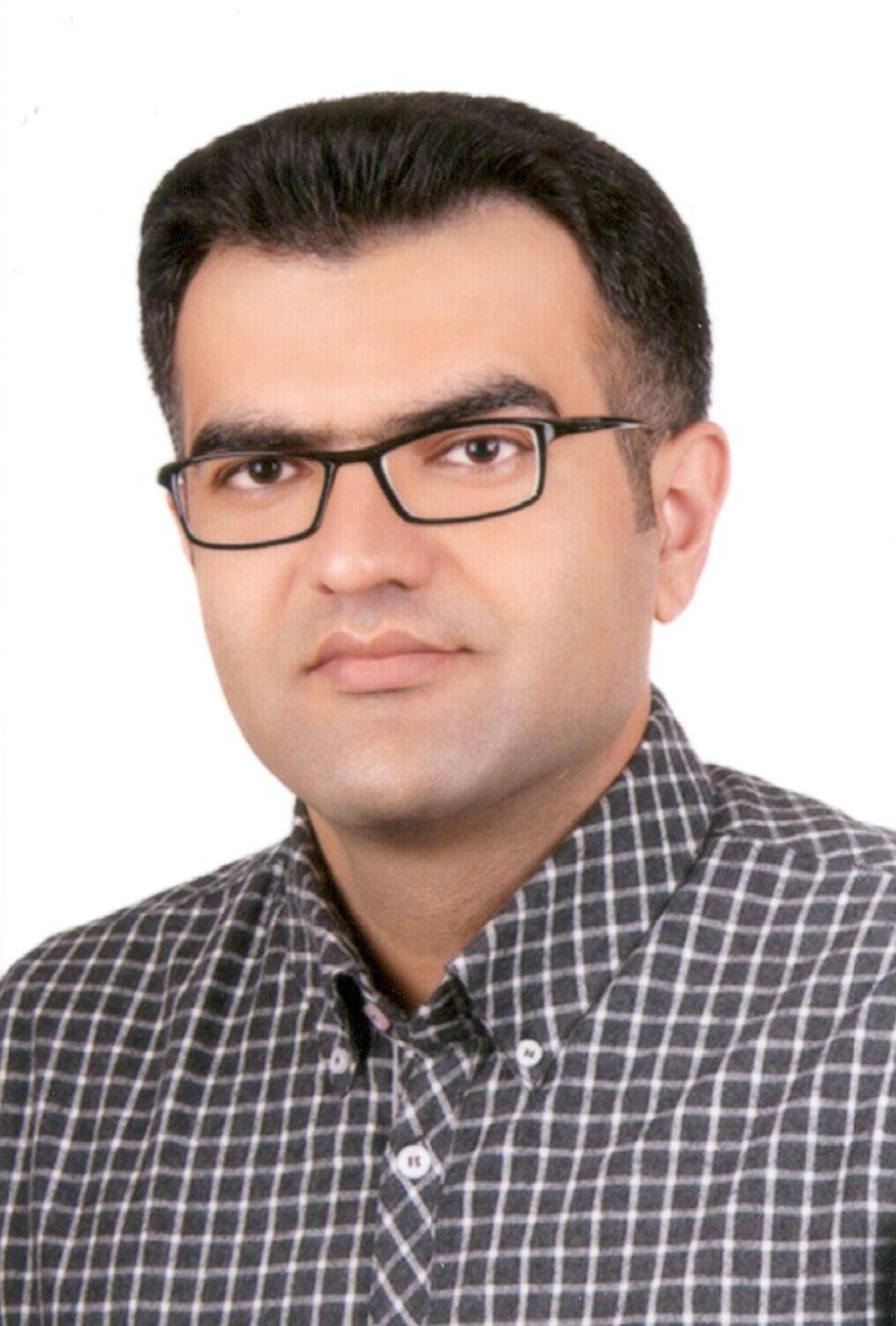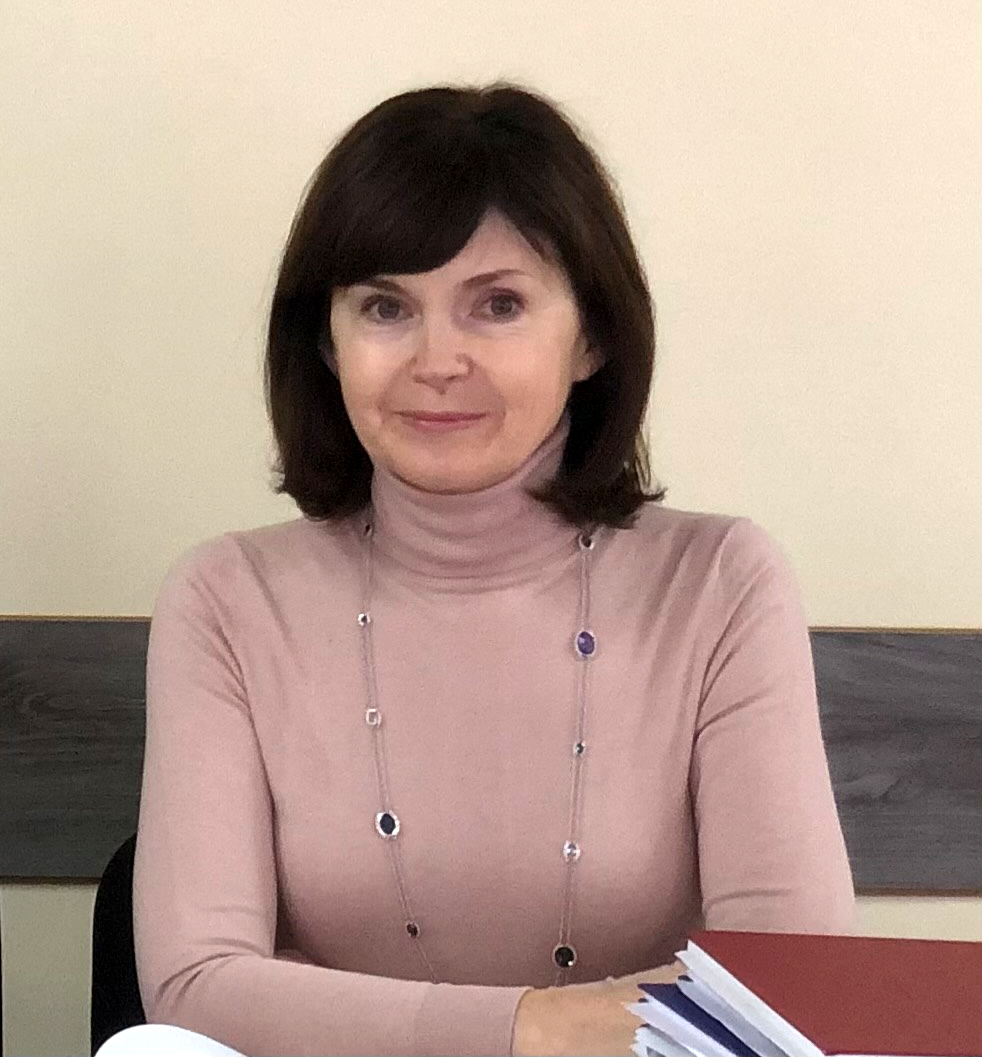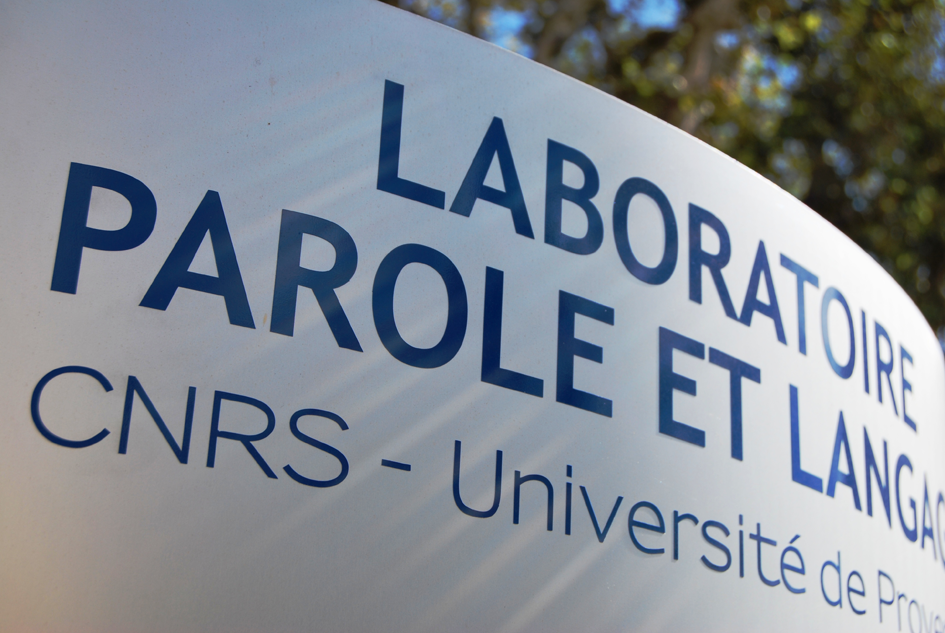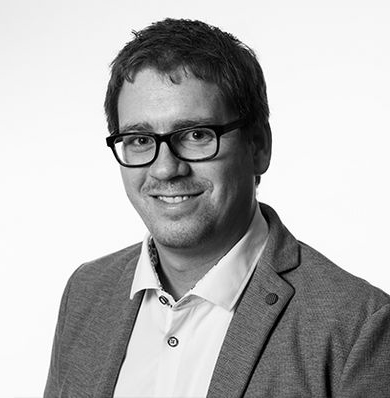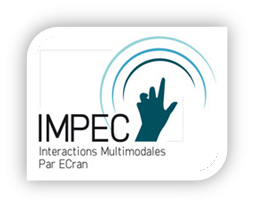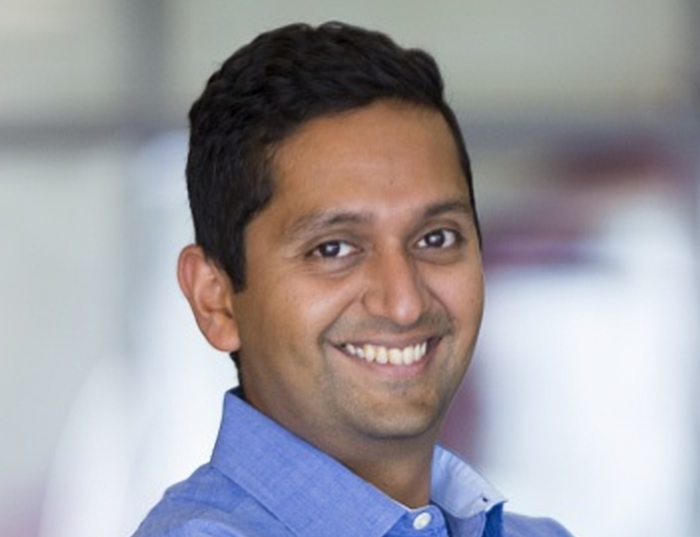Séminaire
Mortaza Taheri-Ardali
(Shahrekord University, Iran & Universität zu Köln, Germany)
Analysing the prosody of native speakers of Persian in L1 and L2 (English) using the OMProDat corpus
Vendredi 9 décembre 2022, 10h30-12h
LPL, salle de conférences B011
Résumé :
After a brief presentation of our current knowledge of the prosody of the Persian language, this talk focuses on the findings from a bilingual Persian-English prosodic database read by native Persian speakers as part of the OMProDat project. This corpus contains 40 continuous and thematically-connected passages each with five sentences. The collection was read by 5 male and 5 female Persian speakers. Moreover, the ASCII phonetic alphabet SAMPA was used to romanize and phonetically transcribe the Persian sentences. The database includes TextGrid annotations obtained semi-automatically for two speakers (1 male and 1 female) from the sound and the orthographic transcription using the SPPAS alignment software. Then, this part of the corpus was annotated prosodically using the Momel and INTSINT algorithms. Preliminary results of this analysis will be reported in this talk. Using this substantial amount of data, we intend to conduct a cross-linguistic comparison with other languages in OMProDat.
Références :
Boersma, P., & Weenink, D. (2021). Praat: doing phonetics by computer [Computer program]. Version 6.1.55, retrieved October 2021 from http://www.praat.org/.
Bigi, B., & Hirst, D. J. (2012, May 22-25). SPeech Phonetization Alignment and Syllabification (SPPAS): a tool for the automatic analysis of speech prosody. Speech Prosody 2012, Shanghai, China.
Bigi, B. (2015). SPPAS - Multi-lingual Approaches to the Automatic Annotation of Speech. The Phonetician - International Society of Phonetic Sciences. 111-112, 54-69.
Ding, H., Hirst, D. J. & Hoffmann, R. (2015, Oct 28-30). Cross-linguistic prosodic comparison with OMProDat database. 18th Oriental COCOSDA & Conference on Asian Spoken Language Research and Evaluation (O-COCOSDA/CASLRE), Shanghai, China.
Hirst, D. J., Bigi, B., Cho, H.-S., Ding, H., Herment, S., Wang, T. (2013) Building OMProDat, an open multilingual prosodic database. TRASP, Tools and Resources for the Analysis of Speech Prosody [satellite workshop of Interspeech], Aix-en-Provence, France. Hirst, D. J. (2007, Aug 6-10). A Praat plugin for Momel and INTSINT with improved algorithms for modelling and coding intonation. 16th International Conference of Phonetic Sciences, Saarbrücken, Germany.
Hirst, D. J. (2013, Aug 25-29). Melody metrics for prosodic typology: comparing English, French and Chinese. Interspeech 2013, Lyon, France. Hirst, D. J. (2016, May 31 - June 3). On the automatic comparison and cloning of native and non-native speech prosody. Speech Prosody 2016, Boston, USA. Hirst, D. J. (2021, Oct 20-21). Automatic visual and auditory feedback for second language (L2) speech prosody [Keynote]. The 2nd International Conference on Laboratory Phonology and Phonetics (ICLPP 2), Tehran, Iran.
Keshtiari, N., Kuhlmann, M., Eslami, M., & Klann-Delius, G. (2015). Recognizing emotional speech in Persian: A validated database of Persian emotional speech (Persian ESD). Behav Res 47, 275-294. https://doi.org/10.3758/s13428-014-0467-x.
Mohamad Nezami, O., Jamshid Lou, P. & Karami, M. (2019). ShEMO: a large-scale validated database for Persian speech emotion detection. Lang Resources & Evaluation 53, 1–16. https://doi.org/10.1007/s10579-018-9427-x. Taheri-Ardali, M., Hirst, D. (2022). Building a Persian-English OMProDat database read by Persian speakers. Speech Prosody 2022, Lisbon, Portugal.
Taheri-Ardali, M., Khorram, S., Assi, M., Sameti, H., & Bijankhan, M. (2016). Designing and recording a speech database for Persian TTS systems. Iranian Journal of Comparative Linguistic Research, 6, 69-84, 2016.
Page Web institutionnelle de M. Taheri-Ardali
